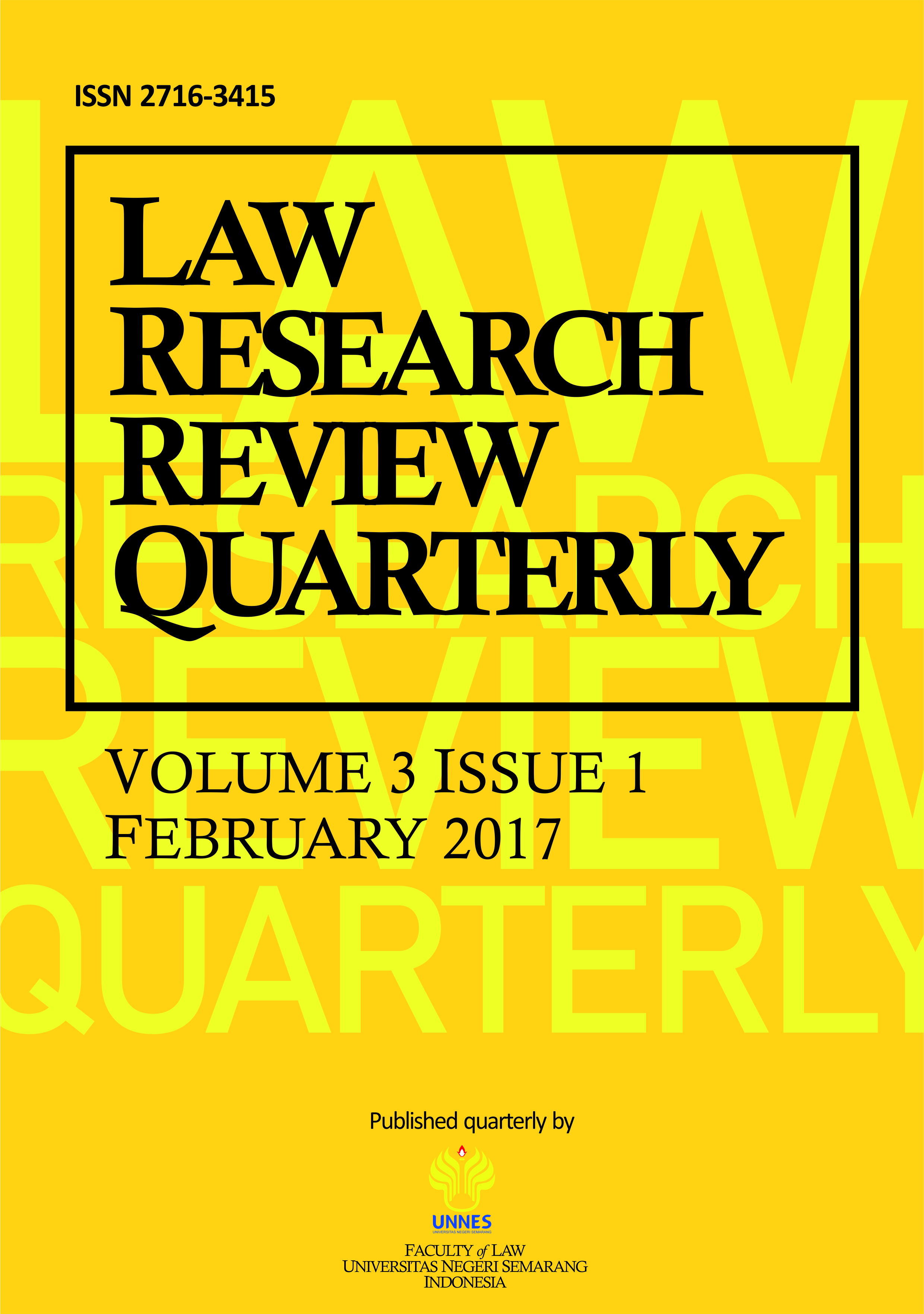Visa Free Policy and Immigration Oversight Function in Radicalism Control in Indonesia
Main Article Content
Abstract
Visa-free policy established through Presidential Regulation Number 21 Year 2016 in order to increase the country's foreign exchange in tourism, in fact is not free from a number of potential problems. The visa-free visa for 169 countries opens up opportunities for problems not only of visa abuse but also the potential for the spread of radicalism and terrorism. As a country with the largest Muslim population, Indonesia has the potential to become a target of spreading radicalism. Therefore the role of immigration as the guardian of the gate of state sovereignty is very much needed. The author in this case raises the issue of how the immigration control functions in controlling radicalism in Indonesia after applying a visa-free policy. Visa-free policies open up the possibility of weak and vulnerable oversight for immigrants. Immigration as the first and last institution in selecting the arrival and departure of foreigners in the territory of the Republic of Indonesia has a very large role in conducting surveillance. The oversight function possessed by immigration will not run without the participation and integral support of the regional apparatus and also the community. The formation of a Foreigners Monitoring Team (TIMPORA) is one of the instruments for Immigration to conduct surveillance for foreign nationals who enter Indonesia. In its regulations, Timpora is equipped with the authority to conduct joint operations in carrying out its supervisory functions.
Article Details
All writings published in this journal are personal views of the authors and do not represent the views of this journal and the author's affiliated institutions. Author(s) are retain the copyrights of the Article. However, before publishing, it is required to obtain written confirmation from Author(s) in order to ensure the originality (Author Statement of Originality). The statement is to be signed by at least one of the authors who have obtained the assent of the co-author(s) where applicable.This work licensed under a Creative Commons Attribution-ShareAlike 4.0 International (CC BY-SA 4.0)
